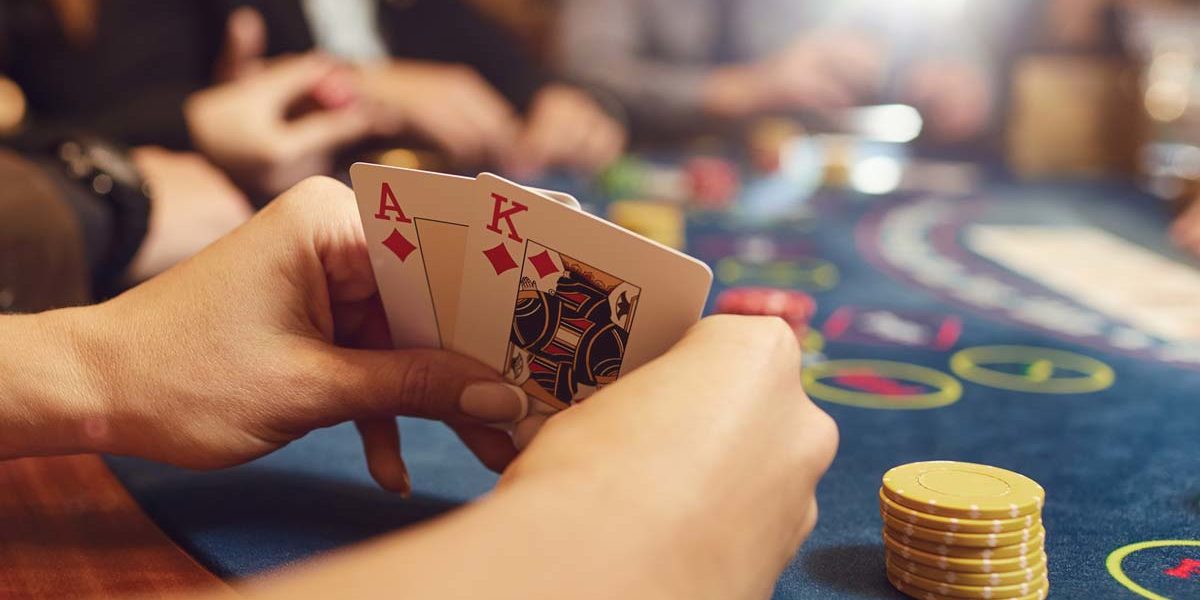When we think of addiction, we automatically think about people with substance use disorders. The stereotypes often cloud our judgment. While drugs and alcohol can cause physical and psychological dependencies, there are also some common addictive behaviors. How does someone become addicted to a behavior?
How Do Common Addictive Behaviors Develop?
It is easier to understand addiction to a substance rather than a behavior. Unfortunately, society has been very slow to accept the reality of common addictive behaviors. It took a very long time to reach the level of understanding that we have for substance abuse, and we still have a long way to go. Unfortunately, many people still believe that people with addictions should just stop. That sentiment is even more prevalent with common addictive behaviors. It is tough for someone who hasn’t experienced addiction to empathize with those with addictive behaviors.
The truth is, whether drugs, sex, alcohol, or gaming, an addict cannot just stop. Addiction takes over the reward center of the brain. That’s when the drive for that “high” becomes greater than reason, judgment, and the ability to control compulsions. At the same time, their ability to rationalize and justify their unacceptable behaviors grows even more robust without proper support and in some cases inpatient rehab programs.
Characteristics of Common Addictive Behaviors
While the component of physical addiction may not be present in those with behavior addictions, all dependencies have similar features such as:
- Obsessive thoughts about the substance or behavior
- Engaging in the behavior regardless of harmful consequences for themselves and others
- Actively participating in the behavior despite a deep desire to stop
- Stopping the activity causes withdrawal symptoms like anxiety, irritability, or depression
- Adamant denial of the problem despite evidence to the contrary and actively hides evidence of the behavior
- Report “blacking out” and being unable to recall the time spent engaging in the behavior
- Falling into a deep depression following a behavior binge or when trying to stop the behavior
Examples of Common Addictive Behaviors
- Gambling – inability to stop betting in person and online despite dire consequences, uncontrollable credit card debt, and repossessions
- Sex and pornography – inability to stop engaging in promiscuous sex and pornography despite damaging personal relationships and putting health at risk
- Shopping – simply enjoying shopping as a pastime is not the same as shopping to overcome feelings of inadequacy, and addictive shopping can have dire consequences for families
- Gaming – while video gaming is a pretty common pastime for many, when it begins to interfere with work, school, and family obligations it is no longer a pastime; it’s a problem
- Food – many of us turn to food in times of sadness and celebration, but when food becomes your go-to way of dealing with any stress, depression, insecurity, or disappointment regardless of health consequences, it is a problem
Addictive Behavior Treatment
At some point, individuals with these behavioral addictions will run out of steam. The constant drive for that “high” that one can’t reach coupled with desperate consequences are mentally and physically exhausting. Choosing to pursue mental health treatment is the only way out for most that suffer from behavioral addictions.
Treatments that have been found effective for behavioral addictions include individual therapy, medications, and group therapy.
BoardPrep Recovery Center
Are you or a loved one engaging in out of control common addictive behaviors? Are you experiencing unintended consequences and unable to stop? We can help. At BoardPrep Recovery Center in Tampa, FL, we offer patients the ability to live happier and healthier lives. At some point, the road to recovery is the only option left, and we’d like to help you get there. Contact us today at 866.796.4720 if you are ready to make a change for the better.







